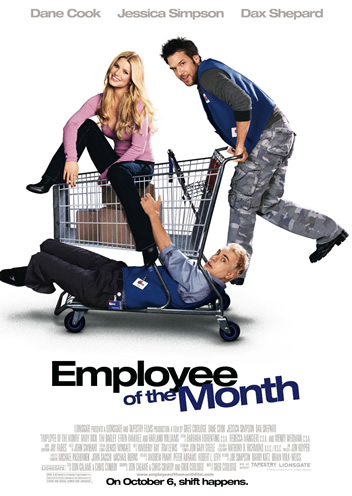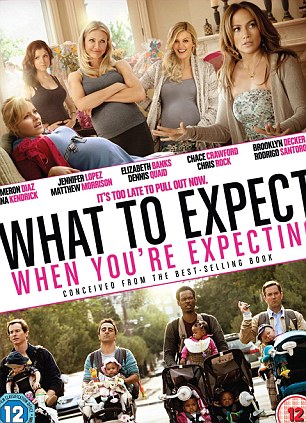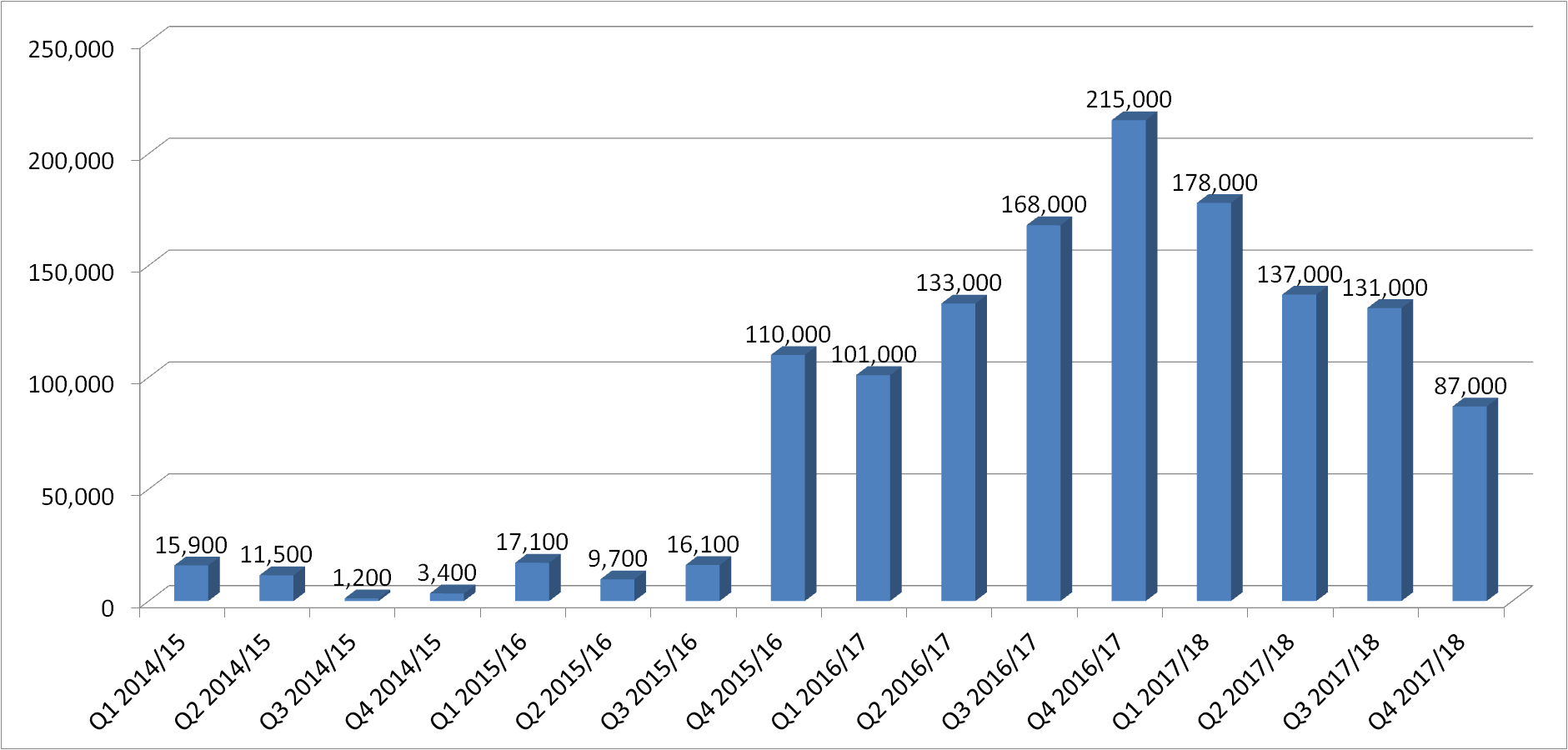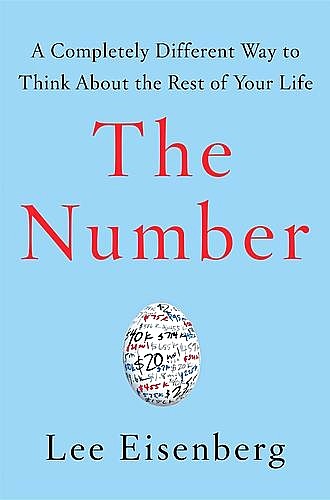Waterside View – UK Flooded Property
Waterside view – UK Flooded Property
As we are now approaching the spring (hopefully) most of us will be relieved that we have not suffered from flooding, however the feeling of despair at having your home flooded is something that many have had and many continue to do so. All home owners will know that with property, there is a battle with water – to keep it in the right places and out of the wrong ones. Our homes (our refuge and defence) need tending and maintenance. Those gutters need clearing of leaves and perhaps some attention needs to be given to the pointing…
Nature or Nurture
The recent floods have been a little too close for comfort for many of us, particularly if you live within a relatively small distance of a major river. It not clear, (to me at least) if the impact of the floods are a result of poor “water management” policies, or the unavoidable laws of nature. There seems little point denying the evidence that mankind is having a significant and alarming impact on the natural environment, however it is not clear if the recent bad weather is a normal “unusual year” or now a usual year, when the extreme becomes the norm.
Parable… house upon the sand
Like it or not, I cannot help by think of the parable of men that built their houses on rock or sand. Here in Britain, we have been given warnings from history about where to build. History has a familiar habit of repeating itself. So for those considering buying property with a sea or river front view, you may wish to think again. Properties like these have tended to command a premium, I wonder if this is not terribly wise, unless we adopt some of the lessons learned by the Dutch – which I recently visited to see the canals of Amsterdam, an engineering marvel and architectural delight. Back here in Britain, you may wish to give some thought to place names. Names that contain these terms are likely to do so for a good reason. Perhaps property prices may begin to reflect this.
ford; bridge; fleet (estuary or stream); upon; over; on; font or hunt (spring); hythe (port, haven); lac (stream) also obviously lake; lock and lack; rith (stream); harbour; quay; dock; water; bank; sea; river; mill; mouth; side; fen and strangely “hope” which is an old term for dry land in fen or small valley.
Oh, and the timing probably couldn’t be more opportune for a new film about Noah. A man who many thought completely mad.
Dominic Thomas: Solomons IFA











